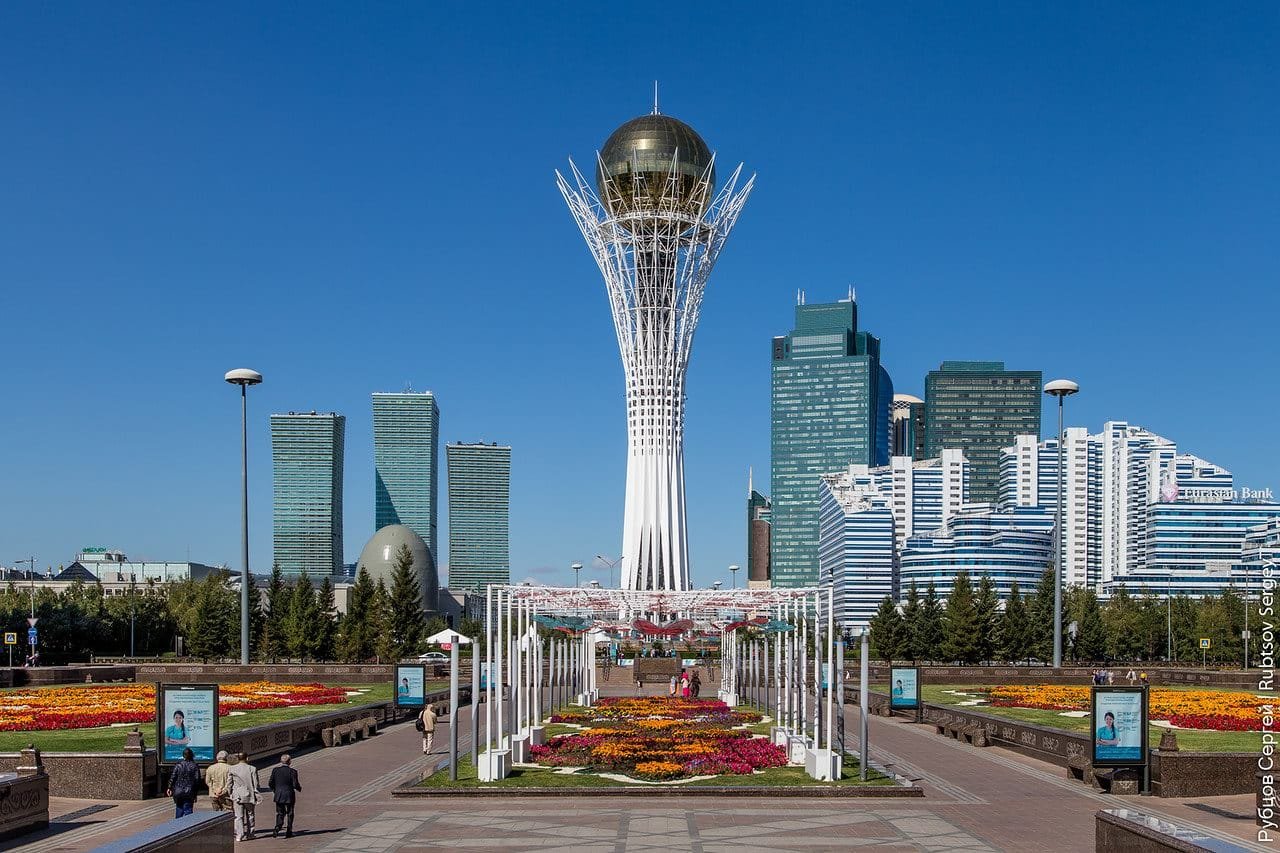Kazakhstan’s Kashagan Oil Dispute: A $4.4 Billion Environmental Showdown 🌍
Kazakhstan is intensifying its push for a disputed $4.4 billion environmental fine against the Kashagan oil consortium, even after a court ruling favored the companies. This escalating clash, led by the Ministry of Ecology, involves major players like Eni, Shell, ExxonMobil, and TotalEnergies. The standoff could reshape Kazakhstan’s oil sector, balancing foreign investment with stricter environmental enforcement. 🛢️
What Happened? 📜
In 2023, Kazakhstan’s environmental authorities imposed a 2.3 trillion tenge penalty—roughly $5.4 billion at the time, now about $4.4 billion—for alleged sulfur handling violations at the Kashagan project, following 2022 inspections. The North Caspian Operating Company (NCOC) denied the claims, asserting compliance with national laws and industry standards. In July and August 2025, a supreme court remand led to an appellate ruling that annulled the penalty. However, the Ministry of Ecology reasserted the demand, citing procedural issues rather than substantive errors, keeping the environmental claims alive. ⚖️
Why It Matters 🔔
Kashagan, one of the world’s largest oil discoveries with 9–13 billion barrels of recoverable oil, is a cornerstone of Kazakhstan’s export revenue and investor appeal. This regulatory friction introduces uncertainty that could affect cash flows and project economics. The dispute is part of a broader $160 billion arbitration case involving alleged lost revenues, environmental harm, and contract disputes, reflecting a trend some call resource nationalism. Kazakhstan defends its actions as necessary for cost control and environmental protection, a tension seen across its major fields like Tengiz and Karachaganak. 📈
The Legal and Policy Landscape ⚙️
Despite the appellate win for NCOC, the Ministry of Ecology is addressing procedural flaws to keep the $4.4 billion claim active. Operators face tight deadlines—ten days to appeal and up to forty days to pay—potentially requiring interim reserves or escrow. Earlier settlement proposals included $110 million in social investments and LPG supply support, showing a willingness to balance environmental concerns with community benefits under the production-sharing agreement. 🏛️
Environmental Stakes at Kashagan 🌱
The fine centers on alleged sulfur storage violations tied to sour gas processing, particularly hydrogen sulfide management, a key challenge at Kashagan. NCOC insists its operations meet legal and global standards, but the ministry’s persistence signals a push for stricter compliance. This case reflects Kazakhstan’s broader effort to strengthen environmental oversight, potentially leading to significant financial exposure for operators. 🌿
Case Study: Karachaganak Disputes 📚
Karachaganak, another major field, has faced multi-billion-dollar disputes over costs and profit shares, mirroring Kashagan’s challenges. Recent claims exceeded $13 billion, with authorities aiming to curb inflated costs while companies argued the state sought a larger share. These disputes often resolve through settlements or adjusted contracts, a likely path for Kashagan’s sulfur issue, avoiding production halts. 📝
Energy Market Implications 🔌
Enforcing the $4.4 billion fine could increase cash calls or delay reimbursements, raising project breakevens and affecting reinvestment. While production interruptions aren’t expected, ongoing legal battles could slow expansion and impact investor confidence, influencing regional oil differentials and export schedules via the Caspian system. The $160 billion arbitration adds further risk, emphasizing the need for legal and contractual clarity. ⚡
Timeline of the Kashagan Fine 📅
Mar 2023
Fine announced: $5.4B
2024
Social investment proposal: $0.11B
Jul 2025
Supreme Court remand: $4.4B
Aug 2025
Appellate win: $0
Aug 2025
Ministry reasserts: $4.4B
Data Table: Key Milestones 📊
| Milestone | Amount (USD billions) |
|---|---|
| Mar 2023: Fine announced (2.3T tenge) | 5.4 |
| 2024: Social investment proposal | 0.11 |
| Jul 2025: Supreme Court remand reference | 4.4 |
| Aug 2025: Appellate court win for NCOC | 0 |
| Aug 2025: Ministry reasserts payment demand | 4.4 |
Real-Life Example: Tengiz Negotiations 🏭
At the Tengiz field, a key driver of Kazakhstan’s oil growth, periodic negotiations over costs and compliance have reshaped fiscal terms without stopping production. These talks often lead to adjusted commitments, like environmental investments or social funds, a model that could apply to Kashagan. This history highlights the importance of predictable enforcement and negotiated solutions to balance revenue, environmental goals, and investor confidence. 🛠️
Outlook 🔮
The next steps depend on whether operators appeal within the ten-day window and if the ministry’s revised procedures hold up in court, a process that could extend into late 2025. A settlement might combine environmental spending, community investments, and clearer contracts, reducing the $4.4 billion burden while tightening sulfur protocols. This dispute signals a shift in Kazakhstan’s regulatory approach, which investors will factor into future plans across the region. 🌐
Frequently Asked Questions ❓
What is Kazakhstan demanding from the Kashagan partners?
Kazakhstan is demanding a $4.4 billion environmental fine for alleged sulfur storage violations at the Kashagan project, despite an appellate ruling favoring the consortium. 🧾
Why is the Kashagan fine controversial?
The fine, based on 2022 inspections, was initially 2.3 trillion tenge. Courts questioned procedural issues, but the ministry insists on liability, creating a high-stakes clash in Kazakhstan’s oil sector. ⚔️
Who are the companies involved in the Kashagan consortium?
NCOC’s partners include Eni, Shell, ExxonMobil, TotalEnergies, CNPC, INPEX, and state-owned KazMunayGas, operating under a production-sharing agreement. 🤝
How could this affect oil output in Kazakhstan?
Production isn’t directly targeted, but legal pressure could slow investment, cash flows, and expansion at Kashagan, a key part of Kazakhstan’s export capacity. 📉
Is there precedent for resolution in Kazakhstan’s energy disputes?
Yes, disputes at Karachaganak and Tengiz often end in settlements with payments, cost adjustments, or social investments, avoiding prolonged shutdowns. ✅
🌐 Explore More on Global Market Today
Dive deeper into the latest updates, insights, and expert analysis across our most popular categories.
Stay informed on business, economy, AI, and more – all in one place.
📈 Market
💼 Business
🏛️ Politics
🤖 Artificial Intelligence
🔧 Technology
₿ Cryptocurrency
🌍 Economy
💰 Personal Finance
⚡ Fintech Tools
Hindi Version
